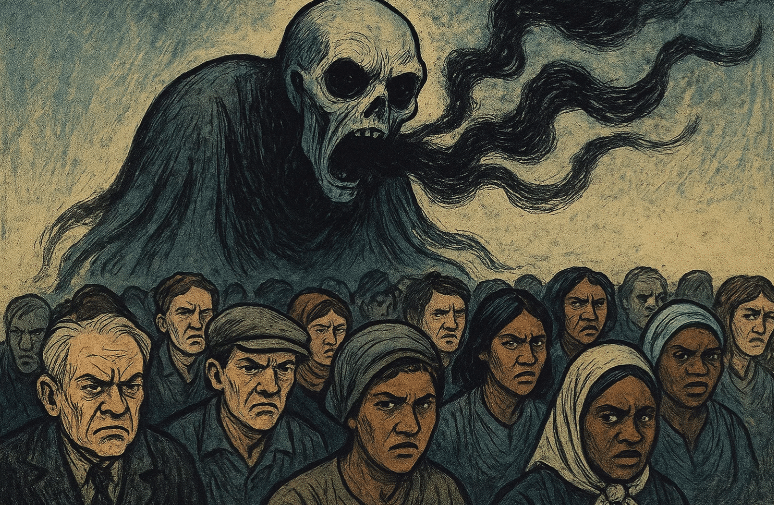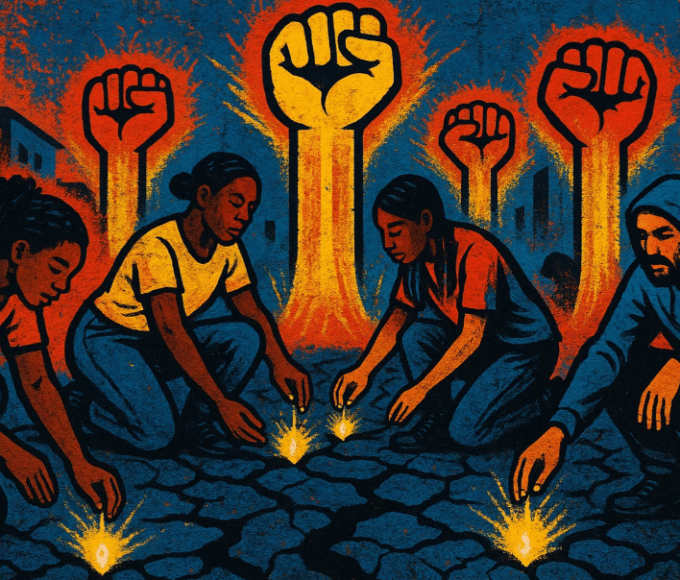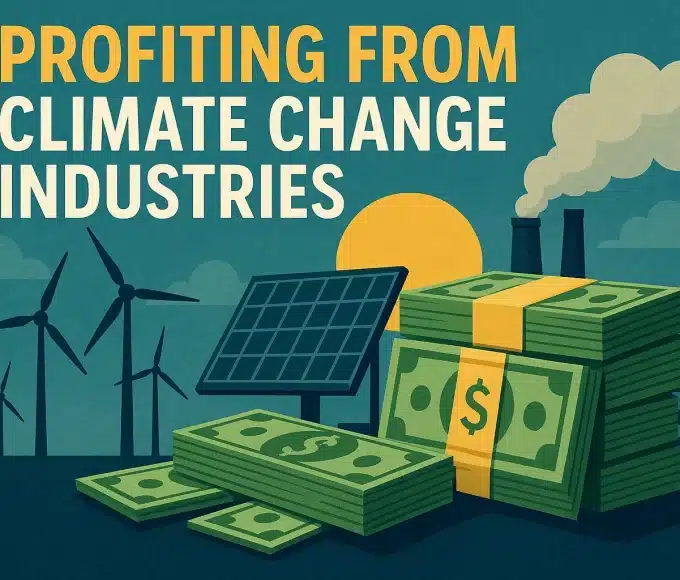Xenophobia across generations never really disappears. It changes form, changes language, finds new targets. But it always comes back.
Each era faces its version of it. One century it was race, another it was religion. Now, it might be refugees, mixed identities, or cultural shifts that feel unfamiliar.
But the instinct is the same — fear of “them,” whoever “they” are.
How Xenophobia Morphs Over Time
Xenophobia across generations looks different on the surface, but underneath, it’s the same story — people scared of losing control.
Today’s far-right movements are not always white or straight. You’ll find queer leaders in populist parties, multiracial supporters of anti-immigrant rhetoric.
That is not hypocrisy — that is how deep the instinct runs. The tribalism is emotional, not rational.
The Anthropology Behind the Fear
Anthropologists point out that tribal identity was once a survival tool. Distrusting outsiders helped small groups stay safe from danger.
But that wiring did not evolve fast enough for modern life.
Now, people live in cities, speak different languages, share online spaces, and travel the world — but deep down, some still cling to fear when they see someone who looks or acts different.
And political movements know how to weaponize that fear.
Why Fascism Always Finds a Way Back
Fascism does not wear the same uniform every time. Sometimes it comes with flags and marches. Other times it comes through social media and populist TV talking points.
Sociologists say these movements resurface in moments of chaos — after recessions, during wars, during cultural shifts.
They promise clarity and control. And they often start by tapping into quiet xenophobia. That is why xenophobia across generations never fades. Because fear is easier to sell than empathy.
So How Do We Break the Cycle?
-
Teach real history with all the messy truths
-
Show shared human stories, especially across cultural lines
-
Call out xenophobia early, before it grows into full-blown hate
-
Create common ground, not more division
Empathy is not idealism. It is strategy. If we do not address xenophobia across generations directly, it just passes down like a family heirloom.
It just keeps changing form. But the instinct behind it — fear of difference — is ancient.
If we want a better future, we have to name it, face it, and build bridges faster than others build walls.
Read more – The Biggest Problem Humanity Faces This Century














